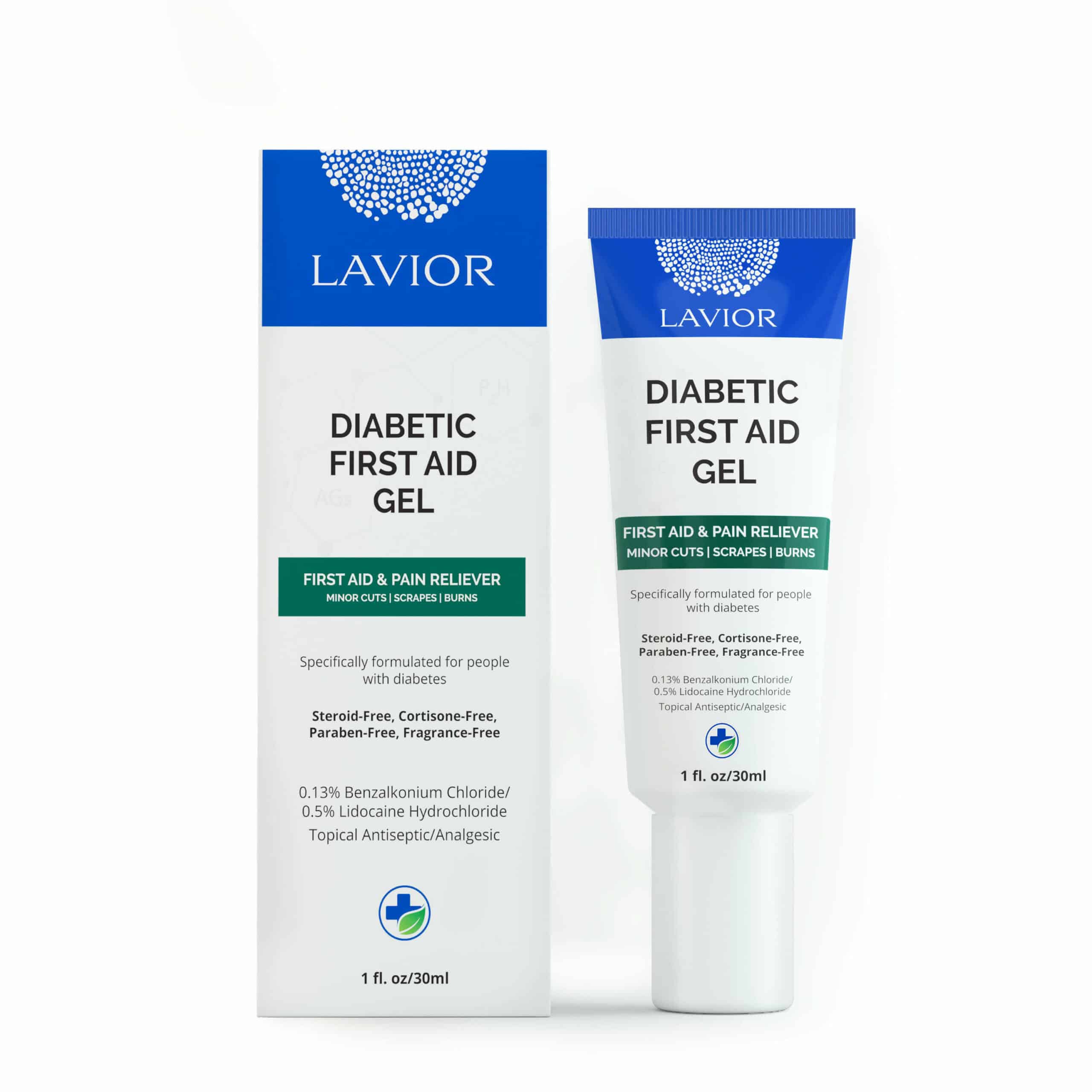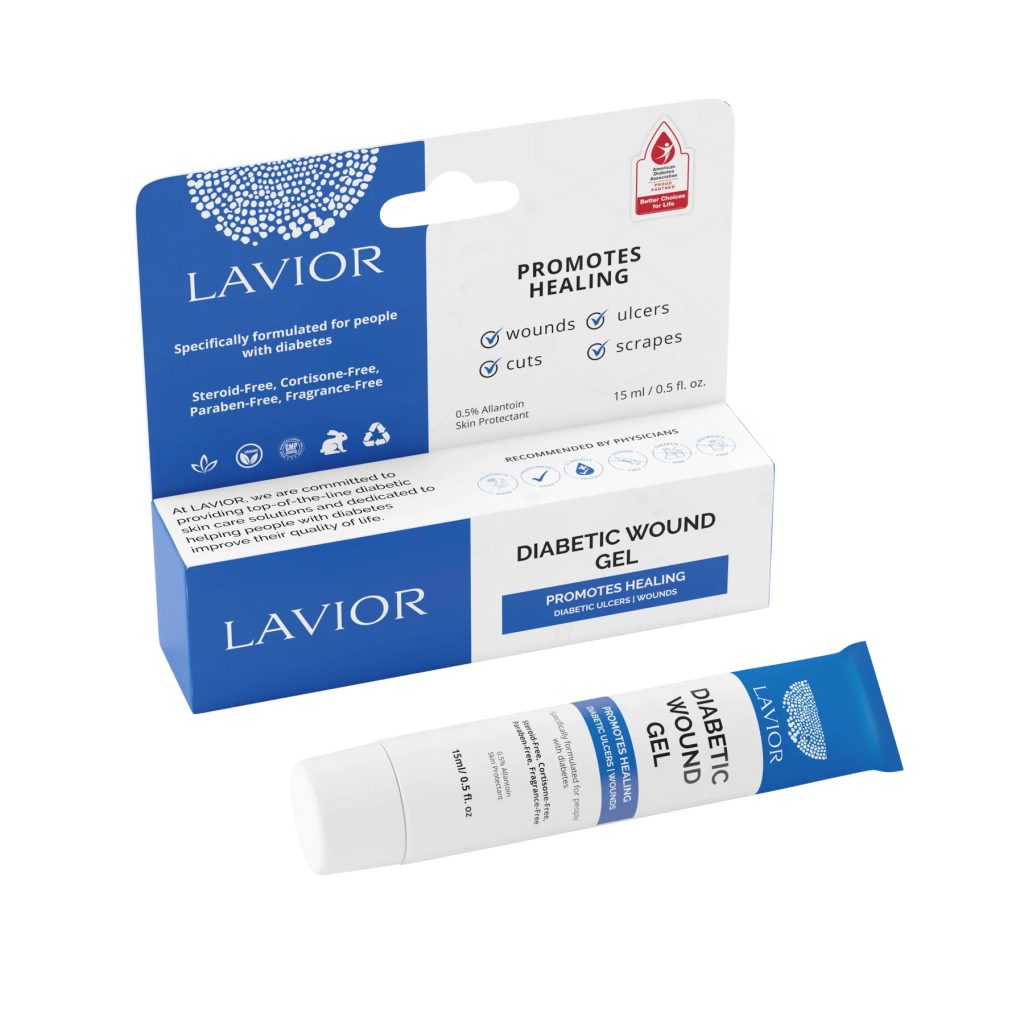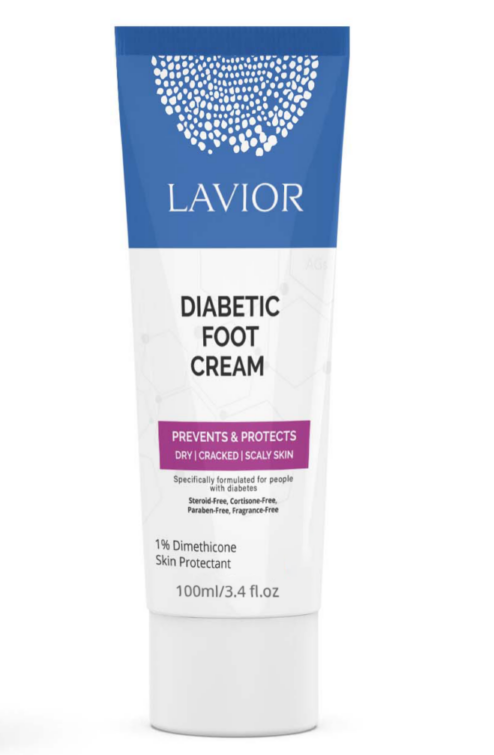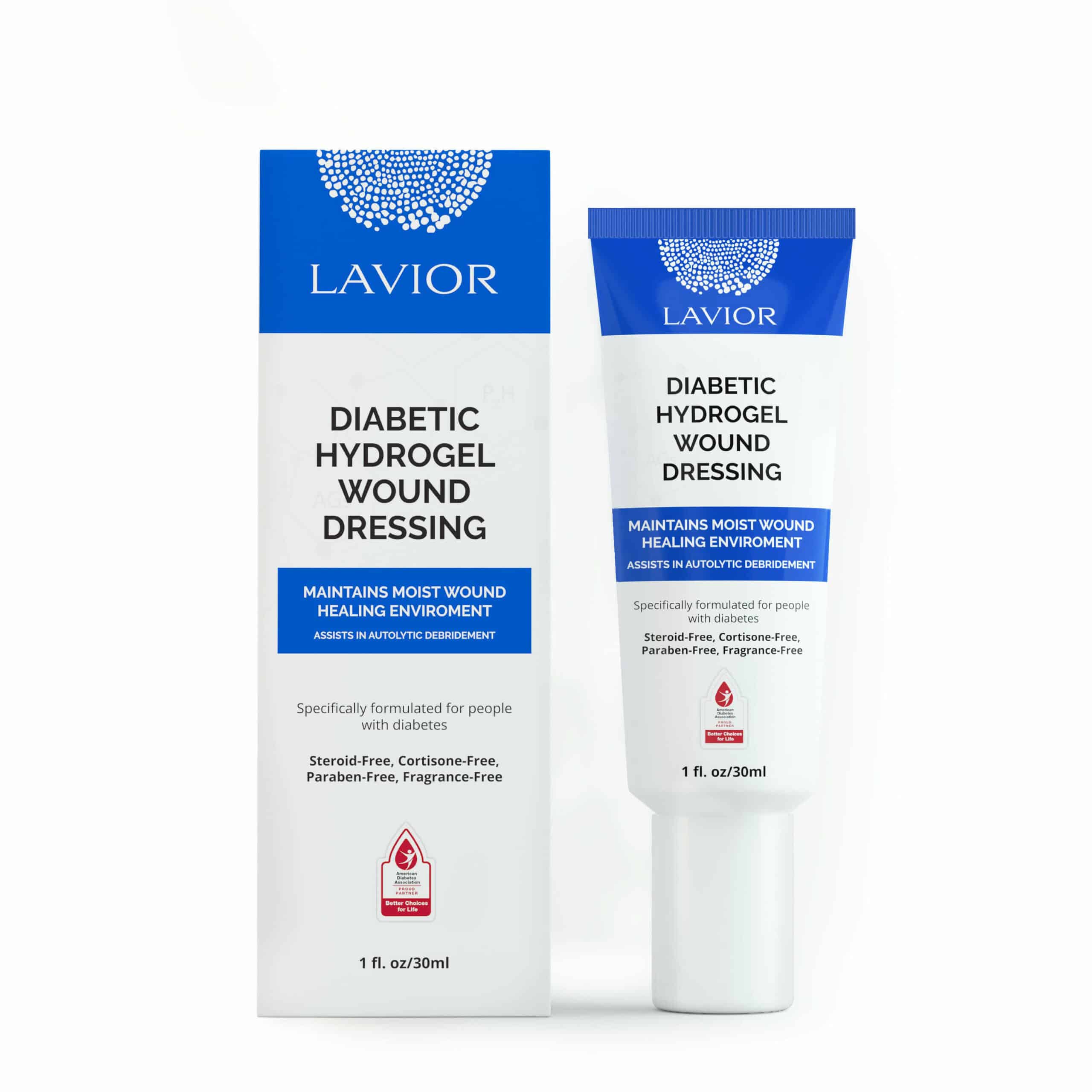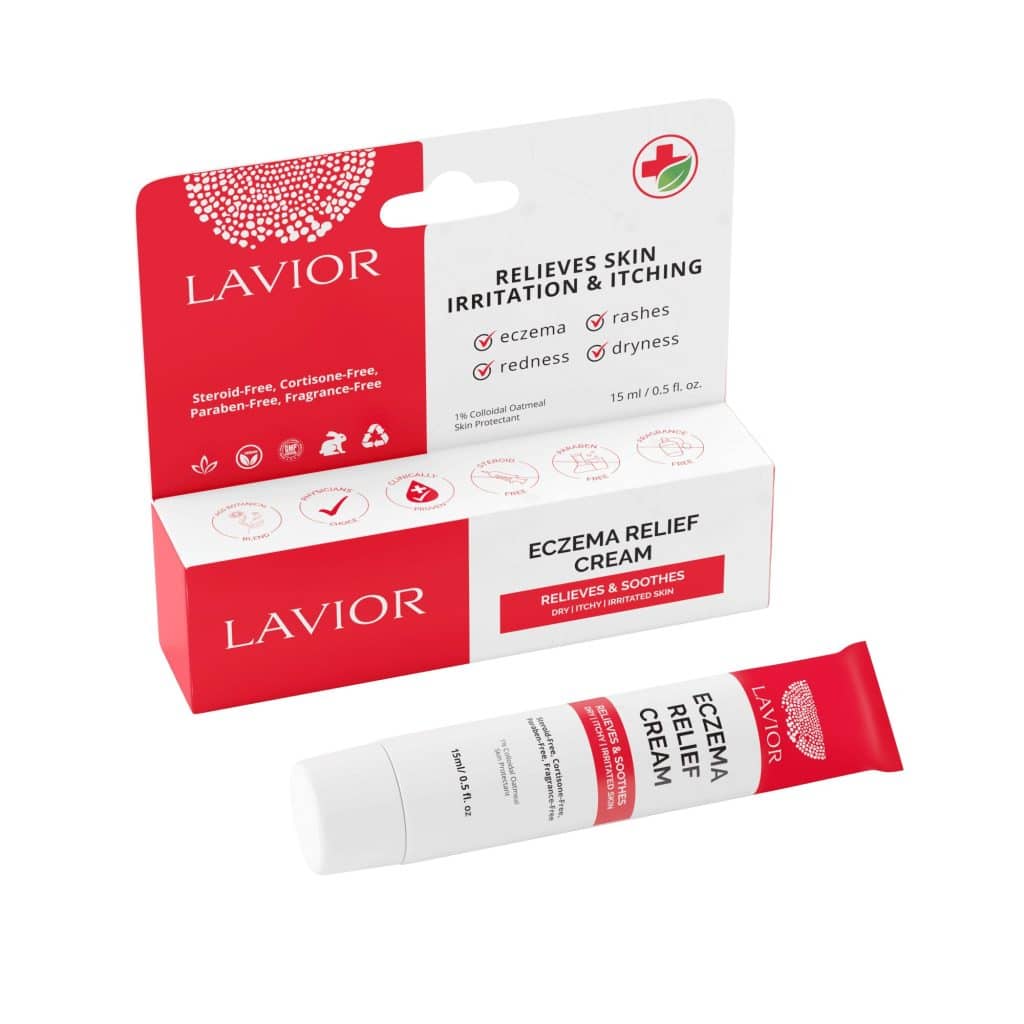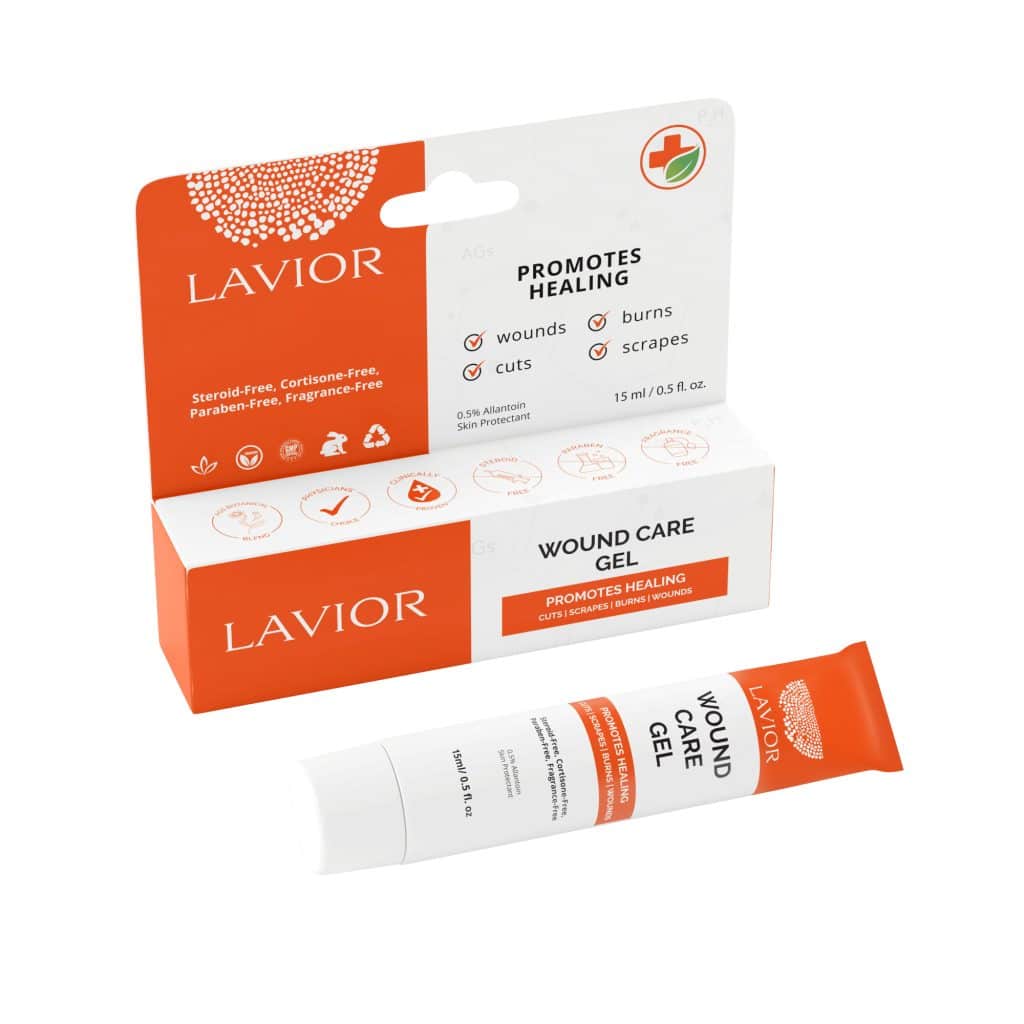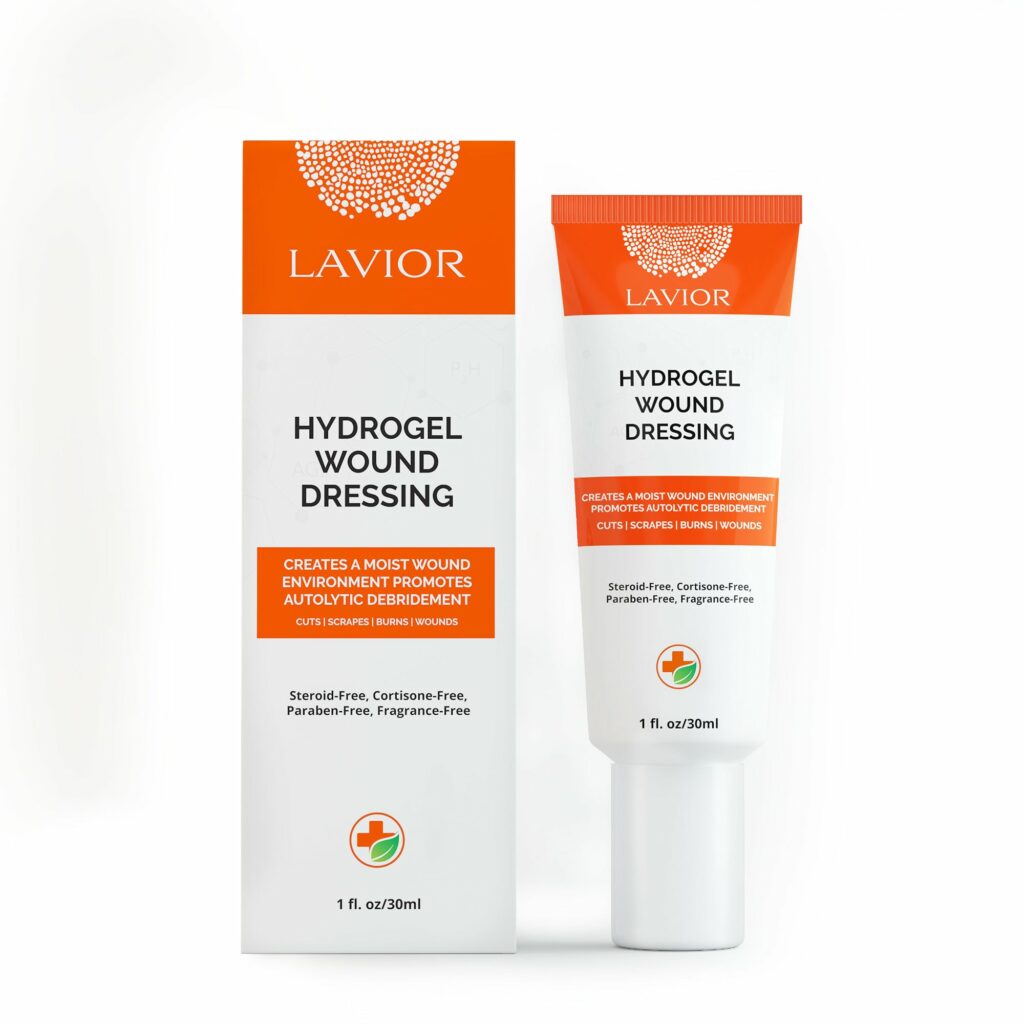November is here, and so is Diabetes Awareness Month. Here at Lavior we think its a suitable time to raise awareness in regard to diabetes and some of the effects it can have on the body.
By educating ourselves about this prevalent disorder we can get to know the condition better and what can be done to prevent it, or at least treat it accordingly. We can also learn to avoid certain risk factors that increase the likelihood of developing Type 2 Diabetes later in life.
About Diabetes Awareness Month
Diabetes Awareness, observed every November, is a global initiative to raise awareness about diabetes, a chronic condition affecting millions worldwide. It originated from the efforts of the American Diabetes Association. Its purpose is to educate communities about diabetes prevention, management, and the challenges faced by those living with the disease.
Why November? November coincides with the birthday of Sir Frederick Banting, a key figure in the discovery of insulin, a life-saving hormone for people with diabetes.
By highlighting the importance of a healthy lifestyle, early detection, and access to proper care, Diabetes Awareness Month plays a crucial role in promoting overall well-being and reducing the impact of this prevalent health issue.
Diabetes and Its Effects on the Body
Diabetes, a chronic metabolic disorder, significantly impacts the body’s ability to regulate blood glucose levels. Type 1 and Type 2, share the common consequence of elevated blood sugar, leading to various complications.
Some of the effects of prolonged high glucose levels in the body are the following:
- Blood vessel, nerve, and organ damage
- Cardiovascular problems such as heart disease and stroke
- Kidney damage, also known as diabetic nephropathy
- Diabetic retinopathy may lead to blindness if left untreated
- Immune system impairment, leading to higher chances of infections
Neuropathy known as nerve damage is a pervasive effect of diabetes, causing tingling, numbness, and pain in the extremities.
Additionally, the disease contributes to slow wound healing and a heightened risk of amputations. For this reason, diabetes wound care becomes mandatory.
Comprehensive management, including lifestyle changes, medication, and regular monitoring are crucial to mitigate these effects. Implementing these changes can enhance the quality of life for those living with diabetes.
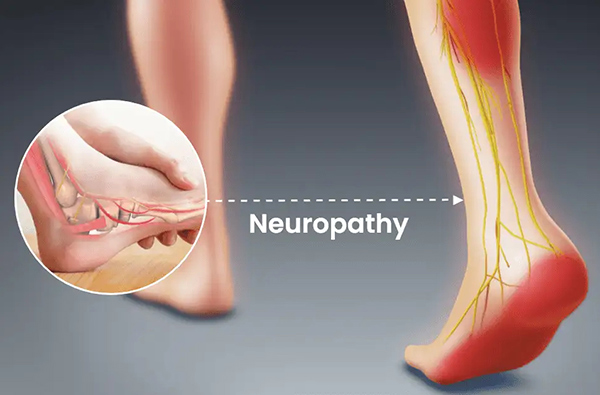
Diabetes Awareness: Insights
- In 2014, the global diabetic population surged from 108 million in 1980 to 422 million
- Prevalence has seen a rapid increase in low-and-middle-income nations compared to their high-income counterparts
- Diabetes mortality rates by age witnessed a 3% increase between the years 2000 and 2019
- In 2019 alone, an estimated 2 million deaths were attributed to diabetes and diabetes-related kidney disease
- By adopting a healthy diet, engaging in regular physical activity, maintaining a normal body weight, and abstaining from tobacco use are effective measures to prevent or delay the onset of type 2 diabetes
- Diabetes can be effectively managed and its consequences mitigated or delayed through a combination of dietary measures, physical activity, medication, and regular screening and treatment for complications
Diabetes Is Meant to Be Taken Seriously
Diabetic wound care ought not to solely be restricted to Diabetes Awareness Month. You are meant to take care of your body all year round with cGMP FDA-compliant products found here at Lavior.


